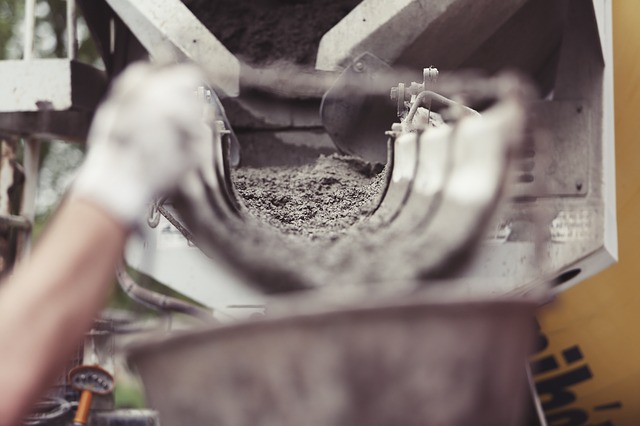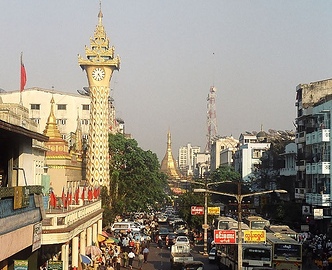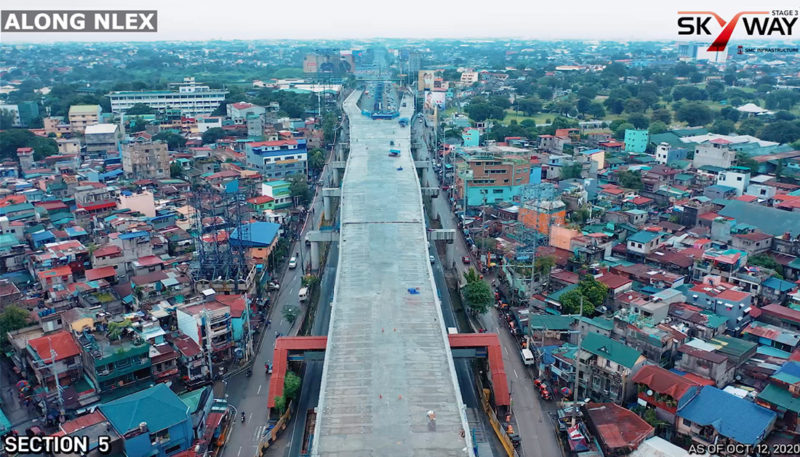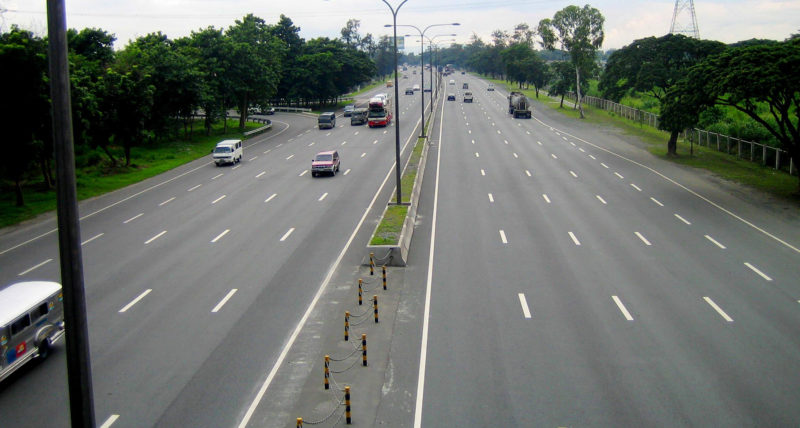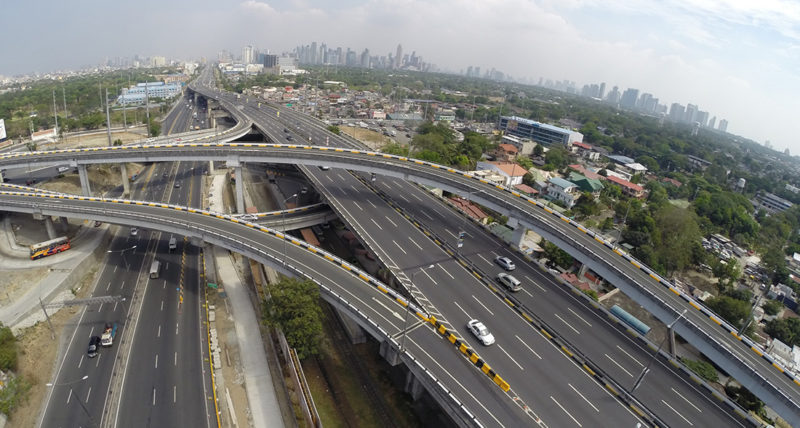
The Department of Trade and Industry (DTI), upon recommended by the Tariff Commission (TC), has ordered a definitive safeguard duty on imported cement for three years.
For the initial year of implementation, the definitive general safeguard measure will be P250 per metric ton (MT), or P10 per 40-kilogram (kg) bag of cement. On the second year, it is recommended that the safeguard duty be reduced to P9 per 40kg bag, and for the third year, to P8 per 40kg bag.
The safeguard duty will take effect after the relevant order is issued by the Bureau of Customs or 15 days after the DTI order is published in two newspapers.
A yearly review will also be conducted to determine the appropriateness of the safeguard duty.
DTI is mandated by Republic Act No. 8800 (the Safeguard Measures Act) to protect the domestic industry from serious injury caused by a surge in imports. The TC has determined that domestic cement (Type 1 and Type1P) is a “like product” to imported cement (Type 1 and Type 1P) and that cement is being imported into the Philippines in increased quantities. It has also established a causal link between imminent threat of serious injury to the local cement industry and increased imports of cement.
DTI, in a statement, said it determined that imposing the definitive safeguard measure is in the public interest for several reasons.
For one, imposing a safeguard measure is not expected to cause a shortage of cement in the domestic market since cement manufacturers have sufficient capacity to meet local demand. It added that the safeguard level aims to minimize the impact to prices for buyers and users while addressing the industry injury issue, while still encouraging local manufacturers to pursue efficiencies continuously to be more globally competitive.
DTI also noted that users of cement retain their option to choose between local and imported cement since imports will still be allowed.
While DTI is also mandated to protect consumers, it noted the need to balance this mandate, taking into account other sectors such as investors and industries that provide employment to Filipinos.
There is also a need to moderate imports to balance trade. If local manufacturers can adequately supply domestic requirements, they need to be provided a level playing field to enable them to compete with imports. This will allow the country’s manufacturing base to expand and generate more jobs for Filipinos, DTI said.
